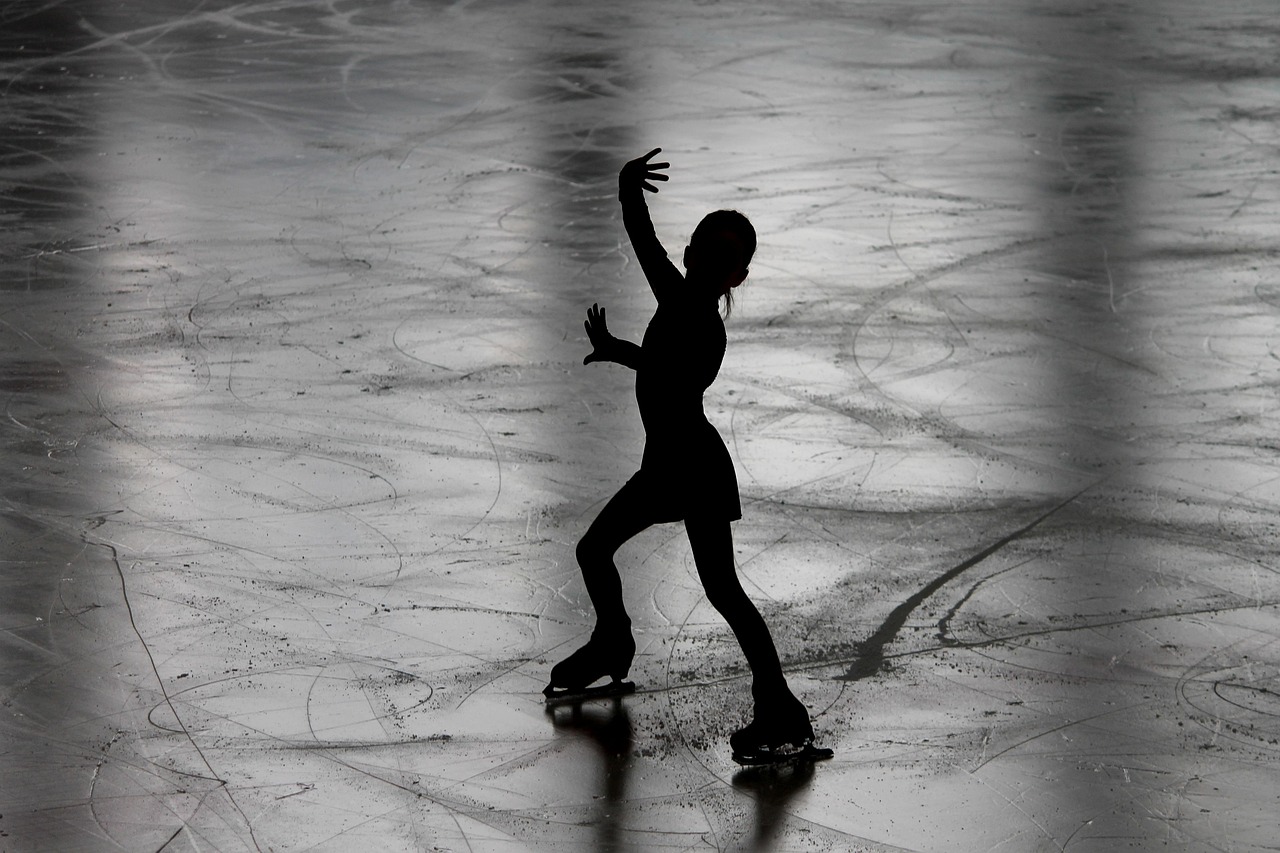The Reality of Eating Disorders in Female Athletes

Female athletes face unique pressures that often blur the line between discipline and disordered behavior. According to Mass General Brigham, the expectations to be lean, fast, and competitive can drive athletes to develop unhealthy habits that are praised in sports culture but dangerous in the long term. These pressures can begin at a young age, especially in sports where aesthetics or weight categories are emphasized, such as gymnastics, figure skating, and distance running.
Conditions like Relative Energy Deficiency in Sport (RED-S) are common outcomes of prolonged energy imbalance. RED-S occurs when the body doesn't receive enough fuel to support the demands of training and recovery, affecting every system from metabolism to immunity. This leads to serious consequences such as hormonal disruption, poor bone health, gastrointestinal issues, and chronic fatigue. The psychological impact can be just as severe, with high levels of anxiety, isolation, and body dissatisfaction reported among affected athletes.
One of the biggest challenges in treating eating disorders in female athletes is that many symptoms are mistaken for dedication. Skipping meals, training through injuries, or extreme weight control are seen as signs of toughness rather than red flags. This misinterpretation can delay intervention and increase the risk of long-term damage. Athletes may also fear that seeking help will be seen as a sign of weakness or result in reduced playing time, which further discourages them from speaking up.
To break this cycle, it is essential that coaches, parents, and sports organizations foster environments where health is prioritized over perfection. This includes reevaluating how success is measured—shifting the focus from appearance and weight to strength, skill, and well-being. Education, early intervention, and access to supportive care such as sports dietitians and mental health professionals can protect the mental and physical health of female athletes who deserve to thrive—not suffer for their sport.
Programs that address body image resilience, promote intuitive eating, and train staff to recognize early warning signs are key tools in reversing harmful norms. When athletic culture celebrates balance instead of extremes, athletes are empowered to reach their goals safely and sustainably.
This article was inspired by research and guidance from Mass General Brigham.
